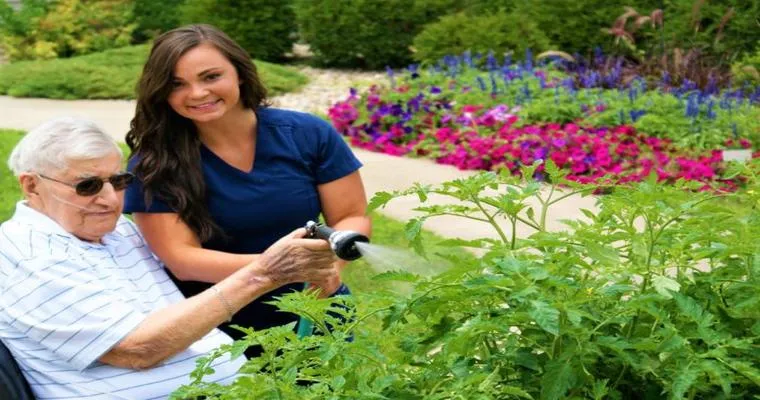Gardening as therapy is an increasingly popular practice that combines the "healing power of nature" with the therapeutic benefits of "hands-on activities". Engaging in gardening can promote mental well-being, reduce stress, and foster a sense of accomplishment. Whether it's a small balcony garden or a sprawling backyard, the act of nurturing plants can provide profound emotional benefits.
The Mental Health Benefits of Gardening
One of the most notable advantages of gardening as therapy is its ability to improve "mental health". Studies have shown that spending time in nature can reduce symptoms of anxiety and depression. The act of digging in the soil, planting seeds, and watching them grow can be incredibly fulfilling. This process encourages mindfulness, allowing individuals to focus on the present moment and disconnect from daily stresses.
Physical Activity and Its Role in Therapy
Gardening is also a form of "physical activity" that can enhance overall well-being. Engaging in moderate exercise while gardening helps improve physical health, which is closely linked to mental health. Activities like weeding, planting, and watering can help maintain a healthy weight, boost cardiovascular health, and improve flexibility. The combination of physical exertion and the peaceful environment of a garden creates a powerful therapeutic experience.
Connection to Nature
Being connected to nature has been shown to have numerous psychological benefits. Gardening encourages individuals to spend time outside, which can enhance mood and promote a sense of belonging. The sights, sounds, and smells of a garden can evoke feelings of tranquility and happiness. This connection to the natural world is essential for personal growth and emotional healing.
Community and Social Interaction
Gardening can also foster a sense of "community". Participating in community gardens or gardening clubs provides opportunities for social interaction, which is crucial for emotional support. Sharing gardening tips, participating in group projects, or simply enjoying the company of fellow gardeners can help combat feelings of loneliness and isolation.
Developing Patience and Responsibility
Gardening teaches valuable life skills, such as "patience" and "responsibility". Plants take time to grow, and witnessing this process can help individuals cultivate patience and understanding. Moreover, caring for plants instills a sense of responsibility, as gardeners learn to tend to the needs of their plants, which can translate into a greater sense of purpose in life.
Conclusion
Incorporating gardening into your routine can be a transformative experience. The therapeutic aspects of gardening provide numerous benefits for both mental and physical health. By immersing oneself in the natural world, engaging in physical activity, and connecting with a community, individuals can find solace and rejuvenation. Embracing gardening as therapy is not just about growing plants; it's about nurturing the mind and soul. Start your gardening journey today and discover the profound healing effects it can offer.





